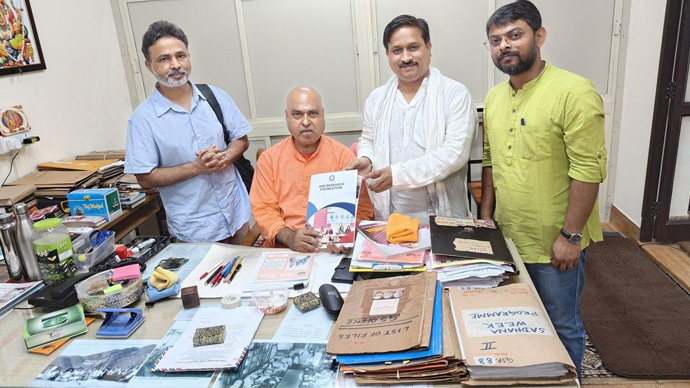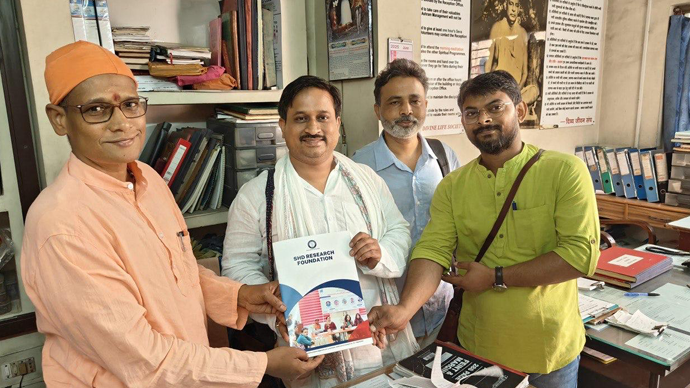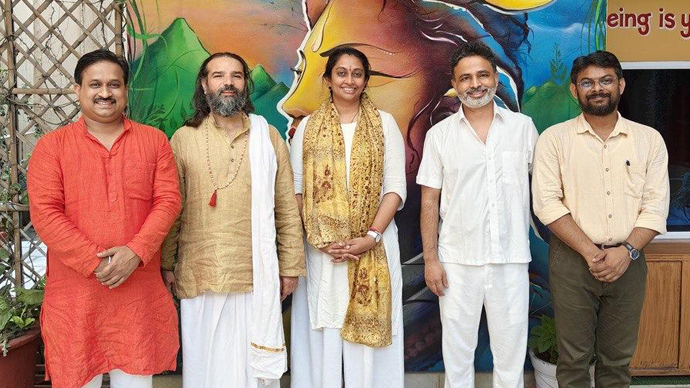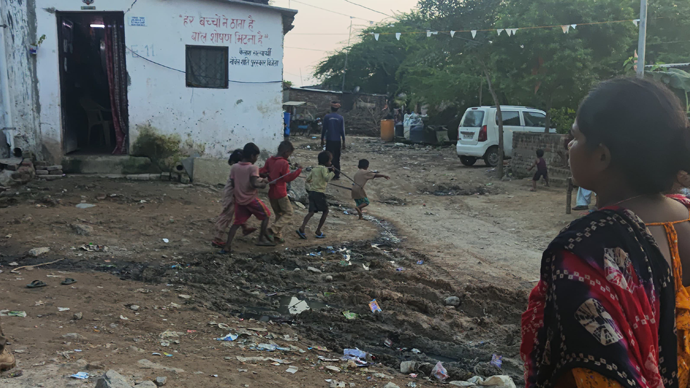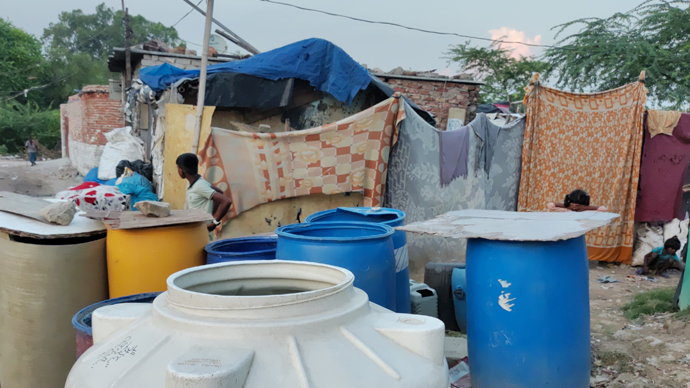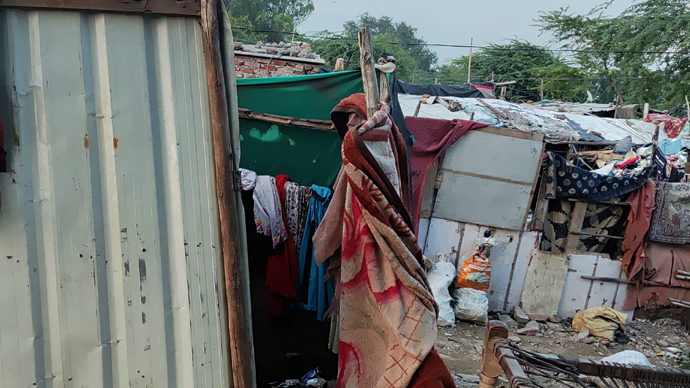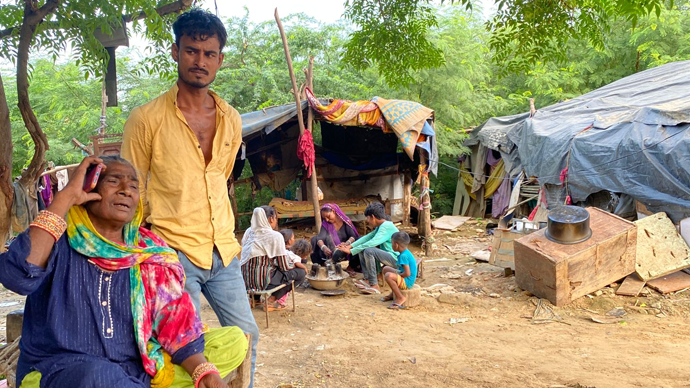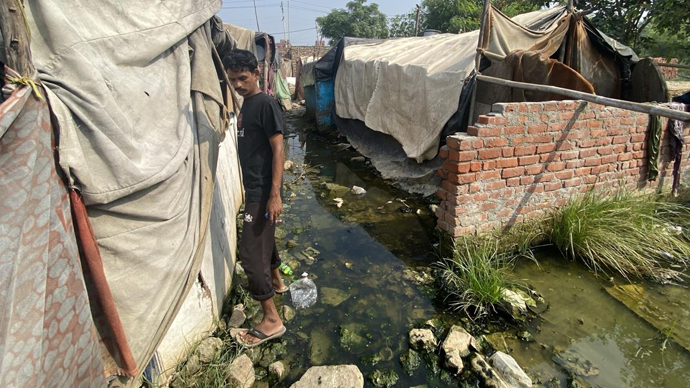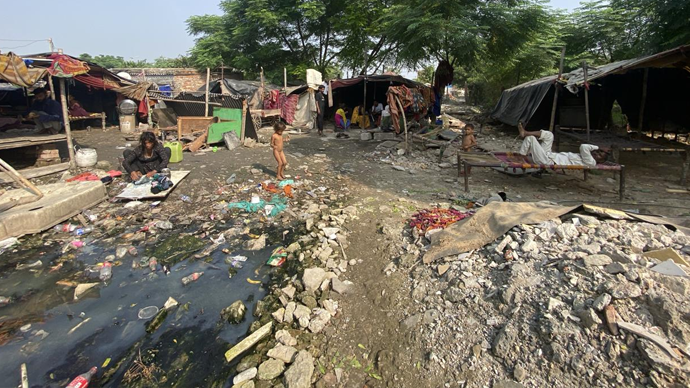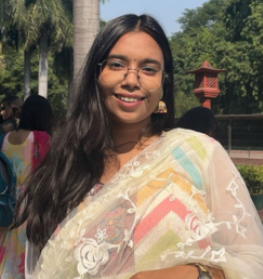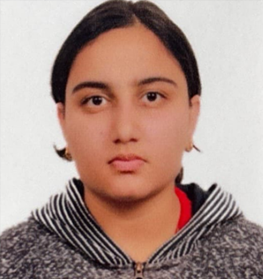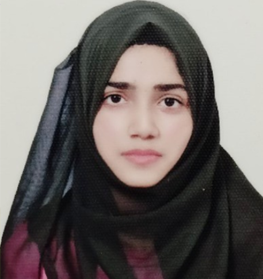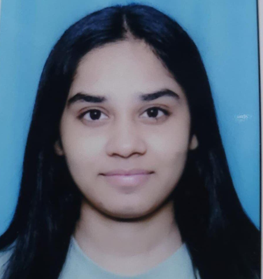- shdrfoundation@gmail.com
- Delhi
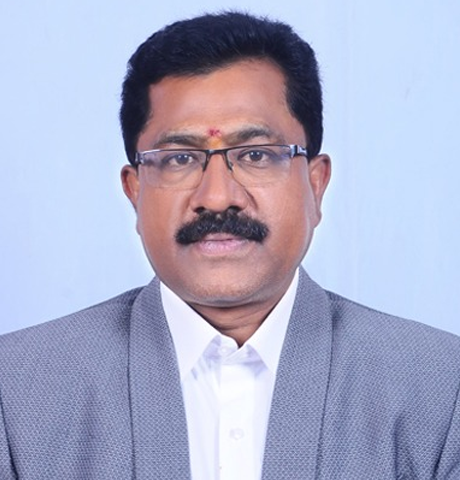
Dr. Siddalingesha M. Kudari
The Centre for Indian Knowledge Traditions (CIKT) is committed to the preservation, revitalization, and dissemination of India’s rich intellectual heritage. CIKT explores the profound depths of Indian philosophy, science, arts, and culture, bringing ancient wisdom into contemporary discourse. The center conducts research, curates publications, and organizes educational programs aimed at both scholarly and public audiences. By fostering dialogue between traditional knowledge systems and modern thought, CIKT aspires to contribute to a more holistic understanding of India’s contributions to global knowledge and innovation.
Reports
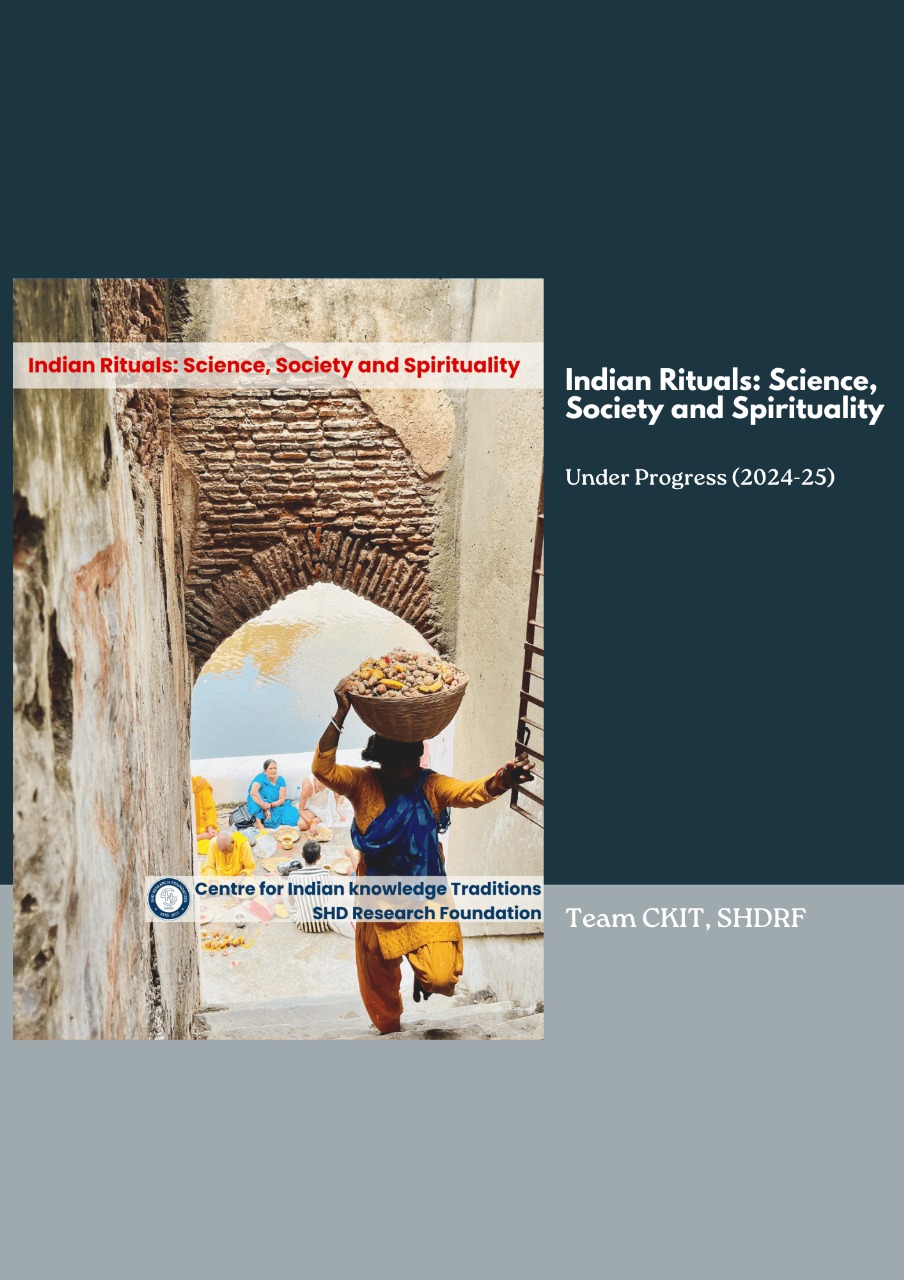
Winter Internship Projects: (2024-25)
This is a heading
Project Title: Reviving Meditation: 112 Techniques from Kashmiri Shaivism for Contemporary Youth
Principal Investigator : Dr. Siddalingesh M. Kudari
Interns: Dhriti Rana and Samyak Jain
About the Study: This research project aims to compile the ancient meditative practices outlined in Kashmiri Shaivism, particularly the 112 techniques described in the Vijnana Bhairava Tantra. The objective of this study is to explore their relevance and applicability in addressing the psychological and emotional challenges faced by contemporary youth. With the increasing prevalence of stress, anxiety, and lifestyle-related disorders among young individuals, this project seeks to adapt these traditional techniques to modern contexts, ensuring accessibility and effectiveness.
By combining textual analysis, field studies, and experiential applications, the project will create a structured framework for these meditation techniques. It also plans to examine their potential benefits in enhancing mental well-being, focus, and self-awareness. The outcomes of this study are expected to contribute to the growing discourse on integrating indigenous knowledge systems into global mental health practices, while preserving and promoting the cultural heritage of Kashmiri Shaivism and Indian knowledge Traditions.
Project Title: Transforming Varanasi: Contemporizing the History, Economy, and Culture
Principal Investigators: Dr. Nitin Kumar
Interns: Mayank Chaurasia (Commerce, Delhi), Mansi Yadav (Economics, Varanasi), Ankita Kumari (Economics, Varanasi), Khushi (Economics, Varanasi)
About the Study: This study seeks to explore the dynamic transformation of Varanasi, a city revered as a cultural and spiritual epicenter, by tracing its historical, economic, and cultural evolution. Central to this exploration is the role of influential figures like Ahilyabai Holkar, whose philanthropic contributions revitalized numerous temples and ghats, and key Buddhist leaders who established significant centers of Buddhist heritage around Varanasi and Sarnath.
The research investigates the historiography of Varanasi’s religious landmarks, examining their cultural, social, economic, and political significance over time. These sacred spaces have not only been symbols of spiritual enlightenment but also hubs fostering ethical values, community cohesion, and socio-political discourses. By linking Varanasi’s historical narratives with its contemporary realities, the study analyzes how the city’s heritage continues to influence its residents' morality, spirituality, and societal structures.
Moreover, the project will address the intersection of tradition and modernity, assessing how infrastructure development, tourism, and economic changes are reshaping the city’s identity. It seeks to infer how this transformation impacts livelihoods, cultural preservation, and the global perception of Varanasi as a living repository of India’s pluralistic heritage.
Project Title: Buddhism in Bodhgaya: Exploring its Sects and Legacy
Principal Investigators: Pankaj Kumar, Anselm Minz
Interns: students of Magadh University
Bodhgaya has been the epicenter of Buddhist philosophy and spirituality for various sects of Buddhist traditions, attracting Buddhist practitioners and devotees across the globe. The spatiality of Bodhgaya remains significant to flourish various sects including Theravāda, Mahāyāna, and Vajrayāna in the region. There are several other sects ranging from Nepali, Tibetan, Thai, Korean, Japanese and other varieties of Buddhism have been existing for long time in simultaneity and cohesion.
This research investigates the historical evolution of Buddhist teachings, art, architecture, and ritual practices in Bodhgaya. It also explores the contemporary relevance of the site in fostering interfaith dialogue, cultural exchange, and spiritual tourism etc. The study relies on analyzing historical texts, archaeological evidence, and modern narratives, to illuminate how Bodhgaya continues to serve as a living testament to the enduring influence of Buddhist philosophy on ethics, education, and global peacebuilding.
Project Title: Bhojpuri: Language, Culture, and Tradition
Principal Investigators: Pankaj Kumar and Ramesh Kumar (JP University)
Interns: Aditi Kumari (From Buxer), Students from JP University
About the Study: This research project explores the Bhojpuri language and its associated culture and traditions as an integral part of India's rich civilizational heritage. Spoken by over 50 million people across India and the Indian diaspora, Bhojpuri has spread globally to regions such as the Caribbean, Mauritius, Fiji, Suriname, and South Africa, where it thrives as a medium of cultural preservation among migrant communities. This study situates Bhojpuri within the broader framework of Indian knowledge traditions, examining its role in sustaining indigenous practices, oral histories, and social values.
The project investigates how Bhojpuri lifeworlds—encompassing folklore, rituals, music, and literature—have contributed to India's cultural resurgence. The singing traditions of Birha, Desiya, Videsiya, and Vyas, along with occasional songs related to marriage, Tilak, Chhath Puja, Holi, Diwali, birth and death, agriculture, and floods, as well as local deities, melas (festivals), social celebrations, and satire, showcase a rich cultural heritage that continues to remain relevant and socially significant.
By connecting Bhojpuri’s global diffusion to its Indian roots, the study emphasizes its significance in preserving cultural identity amidst globalization. Ultimately, this research aims to highlight Bhojpuri’s relevance in enriching Indian civilization and fostering intercultural dialogue, while advocating for its preservation and promotion
